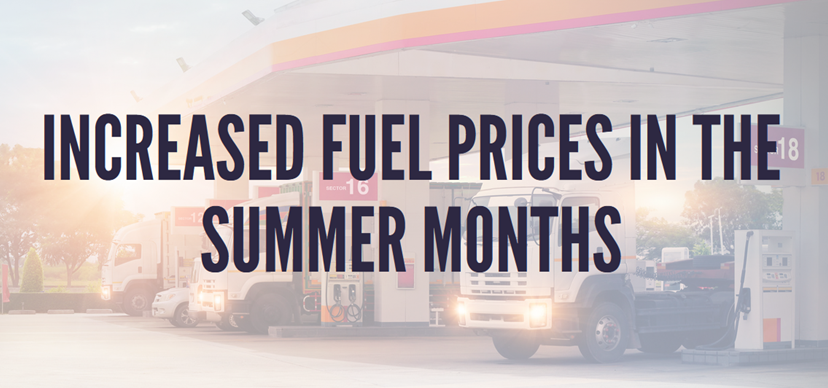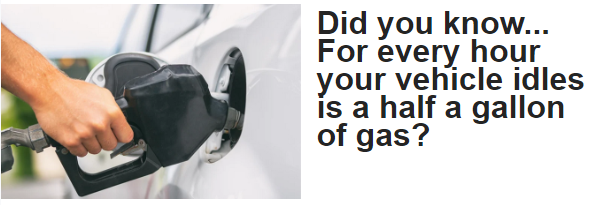Fuel prices can often increase during the summer months for various reasons. While it is not a universal rule, the following factors commonly contribute to higher fuel prices during this season:
- Increased demand: Summer is a peak travel season when many people take vacations, go on road trips, and engage in outdoor activities. The higher demand for gasoline during this time can lead to increased prices as suppliers and retailers adjust their rates to match the greater consumer demand.
- Seasonal fuel blends: In certain regions, gasoline formulas change during the summer to meet environmental regulations aimed at reducing air pollution. These summer-blend fuels are often more expensive to produce, which can result in higher prices at the pump.
- International oil markets: Fuel prices are influenced by global oil markets. Factors such as geopolitical tensions, supply disruptions, changes in production quotas, and fluctuations in crude oil prices can impact fuel prices worldwide. While summer-specific reasons are more significant at the regional level, global factors can still exert influence.
- Refinery maintenance: Refineries, which process crude oil into gasoline and other petroleum products, often schedule maintenance and upgrades during the spring and summer months when demand is relatively lower. Reduced refinery capacity can tighten fuel supplies, potentially leading to increased prices.
In our industry, we often see an increase in idling during the summer when technicians are running air conditioning longer than usual before hopping in and heading to the next job. While you want to keep your employees comfortable, excessive idling can waste fuel significantly. Make sure you have an idling alert set in place to notify you when a vehicle is idling for an extended period. This allows you to address the issue promptly by contacting the driver to minimize unnecessary idling and conserve fuel.
We find most customers set their idle alert to ten minutes.


